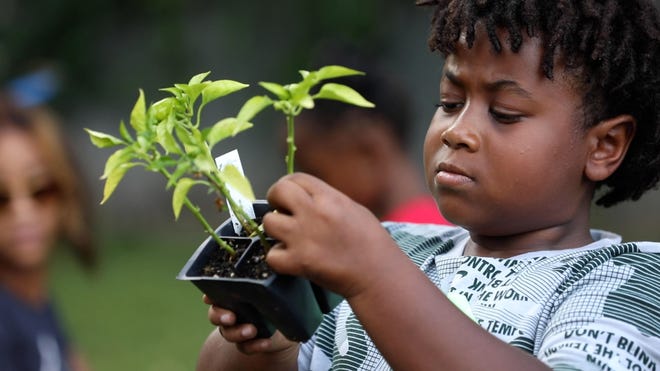When planting flowers, you need to make sure you use the proper potting medium. Some plants prefer shallow soil while others are more suited for deeper beds. It is also a good idea to use a slow release flower food to get your new plants off to a strong start.
The best way to do this is to research which potting medium is right for your particular plants. A good rule of thumb is to avoid plastic and instead use natural materials like bark or a clay based mixture. If you have pets, make sure to enclose the area where you plan to plant them.
Whether you are planting a plethora of flora in your yard or just a few potted beauties, you want to take the time to plan out your planting strategy. There are several different things to consider, from the height of the plant to how much sunlight it will receive. This will determine whether or not your flower pots will be a hit.
There are many other things to consider when putting together your flower garden, but one that can be overlooked is fertilizer. Flower pots need to be filled with water and a fertilizer to make them flourish. You may also want to set up a drip system to automatically water the plants.
For most flowers, the best time to plant is during the fall months. Planting flowers in the spring or summer is usually too early and can interfere with your flowers’ ability to survive the frosty season.
Q: Do you have suggestions for how to get my grandchildren interested in gardening? I’m blessed with three; the oldest is seven and the youngest is three. They all live in the city so they don’t have a lot of room to garden. Over the holidays I’m going for a long visit and would like to take supplies for some projects that will allow me to share my love of gardening with them.
A: What a wonderful lifelong gift to give to your grandchildren. A few years ago, Jennifer Jewell was speaking to our Master Gardener group, an audience of around 40 gardeners. She asked them how they became interested in gardening. Every gardener in the group mentioned some childhood memory where they were allowed to order seeds from a catalog, were gifted free seeds or they gardened alongside a parent, grandparent or other relative. In my case it was my mother allowing me to plant sweet peas in our garden when I was six; they are still my favorite flower today.
Gardening has been scientifically proven to have multiple health benefits. It’s good for both physical and mental health.

Dr. Nimali Fernando and Melanie Potock, in their article Gardening with Kids: How it Affects Your Child’s Brain, Body and Soul, reference studies that show children who participate in gardening score higher in science achievement, have stronger immune systems and eat more vegetables then children not involved in gardening. Gardening can also promote responsibility, purpose and mindfulness as a child cares for the plants each day and makes sure they receive water, sunlight and needed nutrients.
mastergardener@shastacollege.edu. The gardener office is staffed by volunteers trained by the University of California to answer gardeners’ questions using information based on scientific research.
Source: news.google.com
Leave a Reply